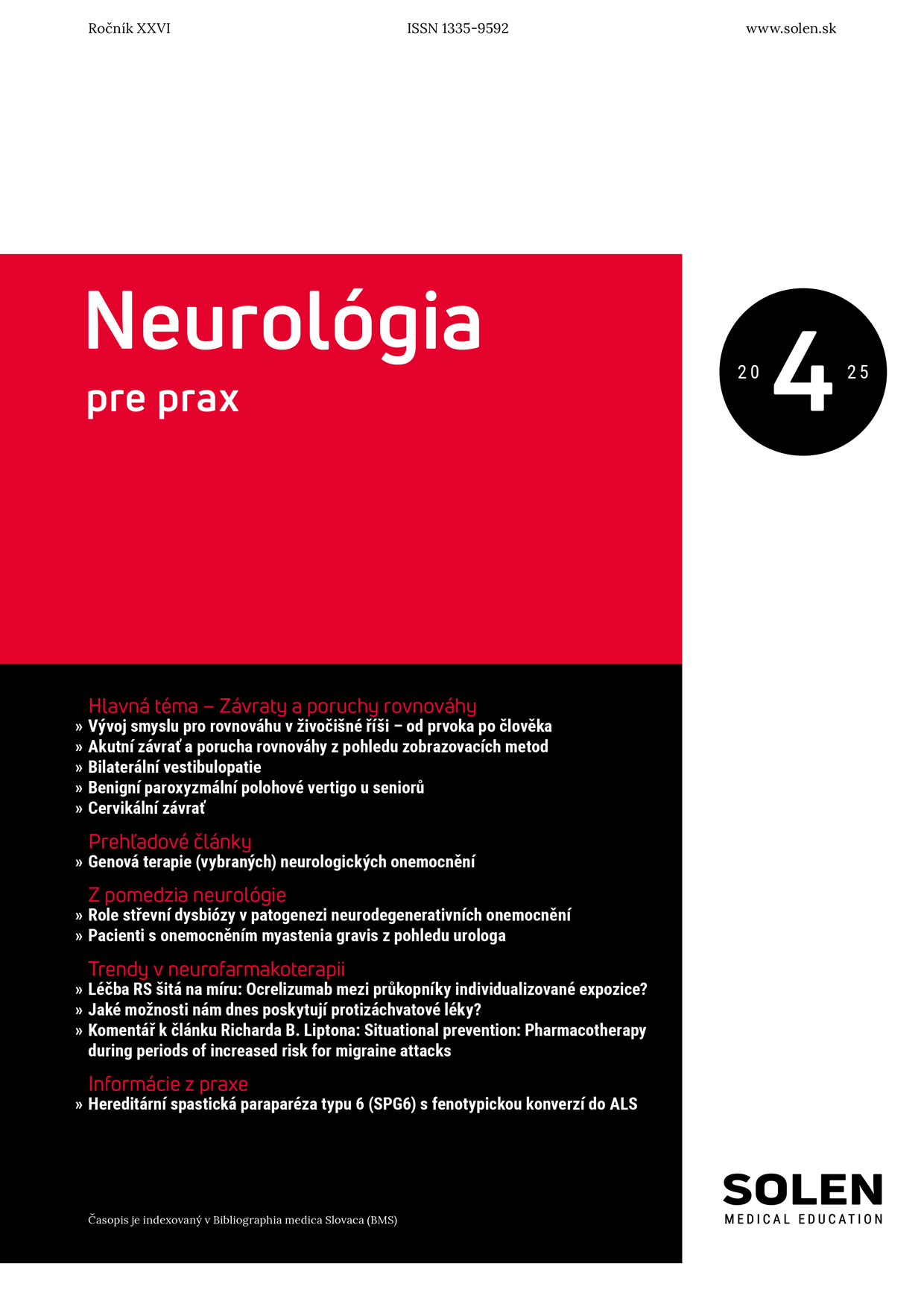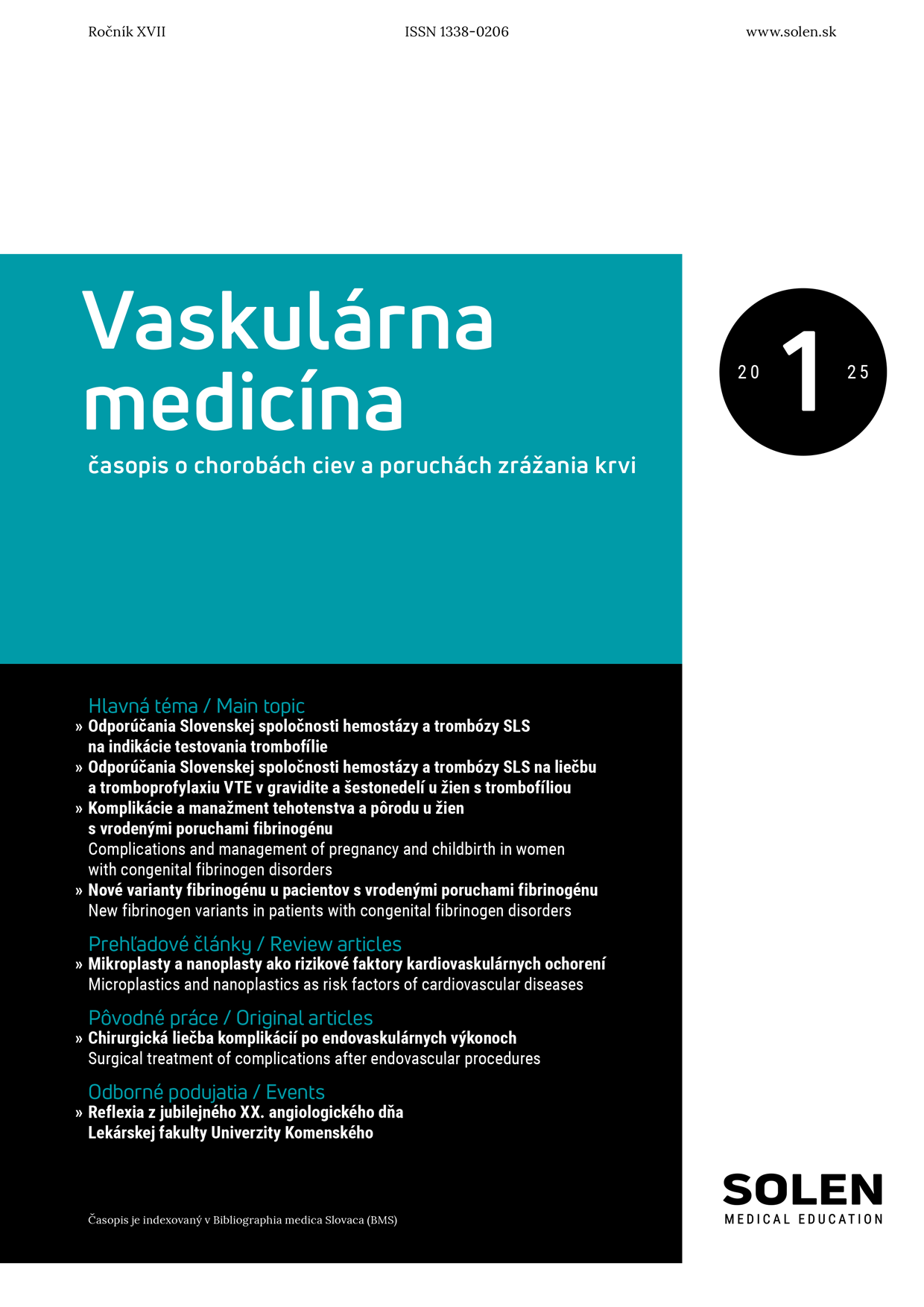Onkológia 2/2021
The complexity of COVID-19 treatment in hematooncological patient with pre-existing pulmonary comorbidity
Introduction: Pandemic induced by coronavirus, later known as SARS-CoV-2, began worldwide at the turn of 2019-2020. This virus causes COVID-19 disease. Our knowledge about the treatment of infection, the mechanism of origin and management of hyperinflammatory syndrome (or cytokine storm) is very limited. Aim: The case report shows a comprehensive treatment approach in a patient with pre-existing lung disease and at the same time a significantly impaired immune response (after CAR-T cell therapy). Patient developed COVID-19 disease and later a massive inflammatory response - probably due to a failure of immune system when removing the viral load. Therefore, we have extended the basic therapeutic procedures, tocilizumab and convalescent plasma were administered. This led to stabilization of the clinical condition, regression of the inflammatory lung process and ultimately to the clearence of SARS CoV-2 (determined by PCR). Conclusion: Hyperinflammatory syndrome in COVID-19 disease can be defined as a state of deregulation and persistent activation of lymphocytes and macrophages, which leads to the release of large amounts of cytokines causing systemic inflammation with the risk of multiorgan failure. Antiviral treatment options recommended before the development of a serious COVID-19 disease are expanding (eg bamlanivimab). Modulation of the immune response is also available, but in hematooncologic patients we must individualize all treatment options considering their risks and benefits.
Keywords: SARS-COV-19, tocilizumab, convalescent plasma, CAR-T cell therapy, hyperinflammatory syndrome

















